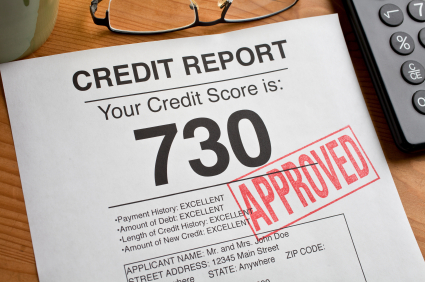Credit Inquiries – Can They Drop Your Credit Score?
Spring has sprung, which means the real estate market is heating up and many consumers throughout the United States will be taking advantage of the uptick in home inventory to search for that new home. But for the vast majority of Americans, in order to finance any purchase as significant as a new home, a mortgage loan is necessary.
At the same time, however, it’s wise to shop around between lenders to see who can offer you the lowest interest rate so that you can save the most long-term over the loan terms. In order to do this, lenders need to pull your credit information.
This has a tendency to make consumers uneasy, simply because there’s a misconception out there that when lenders pull credit scores and credit reports, it can negatively impact your overall score.
That’s not the case, just so long as you meet the proper time criteria. Let us explain:
The 30-Day Rule
Not too long ago, if you wanted to buy a home, you’d just call up various mortgage lenders to see what they were offering when it came to interest rates. Times have obviously changed. Now, we’re at the point where a full application needs to be filed – complete with a credit check, income assessment, etc. – as a means of getting preapproved. So, say you file an application with five different lenders. Will all the credit inquiries that occur cause your score to drop?
The answer is “no,” and here’s why: Because those who are shopping mortgage lenders are likely to consider more than one lender, any credit scores and credit reports pulled for such purposes will be ignored so long as they all occur within a 30-day period. It’s only natural for consumers to try to secure the best interest rate possible on such a large purchase, so there’s an exception to be made in such a case. While we’ve used mortgage lending in this example, the same is also true for auto lending and student loans – two other respective fairly large purchases that consumers may elect to shop around for rates pertaining to.
So for those of you out there concerned with what will happen to your credit score – and the possible credit repair you may have to administer – should you shop around when it comes to lenders, just make sure that any of this shopping around occurs within the same 30-day period and your score won’t be impacted in any way.
Go ahead and chase that dream home. You’re not going to be punished for getting preapproved by more than one lender. Just be sure to meet the time requirements. Check out this video for more information.


